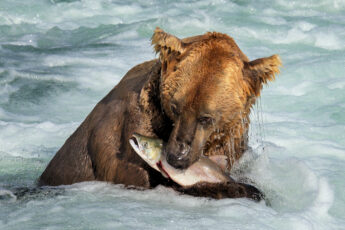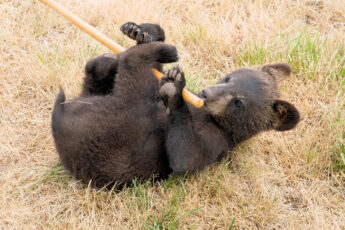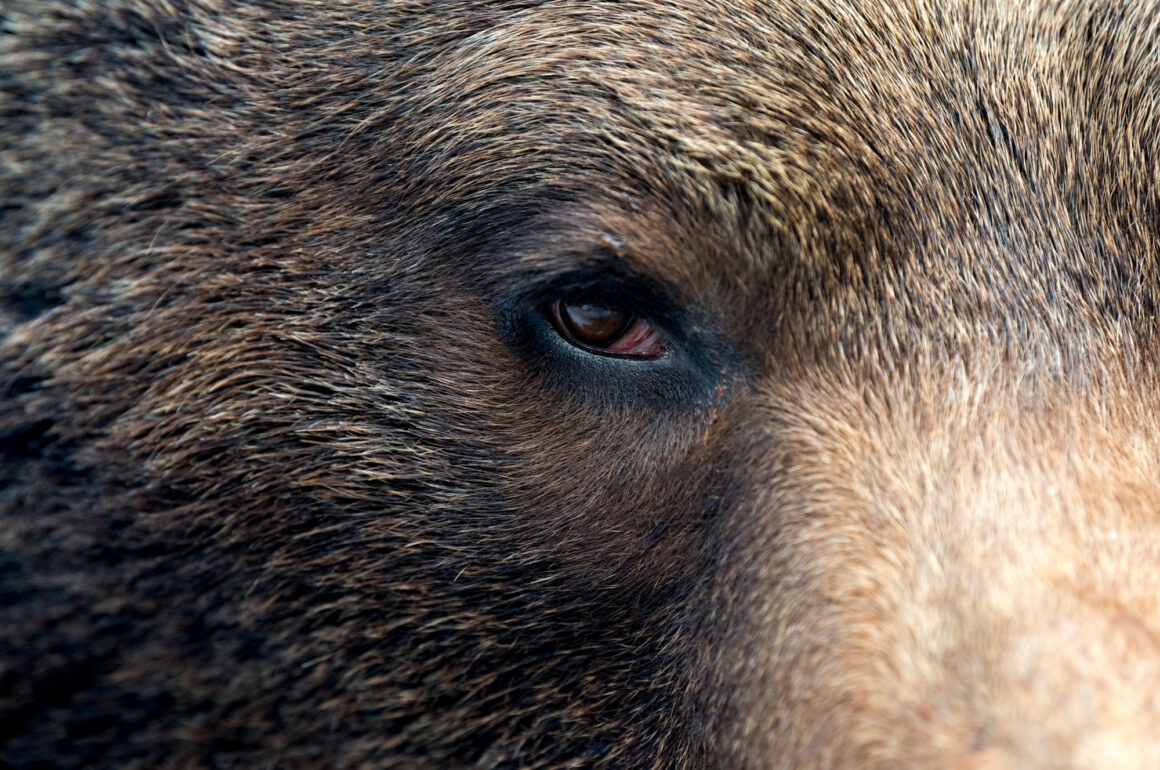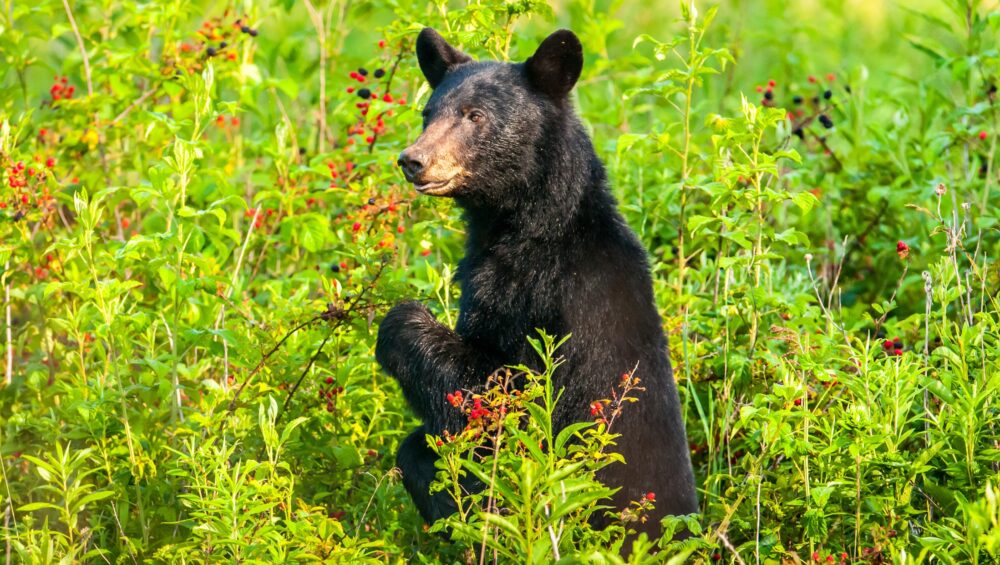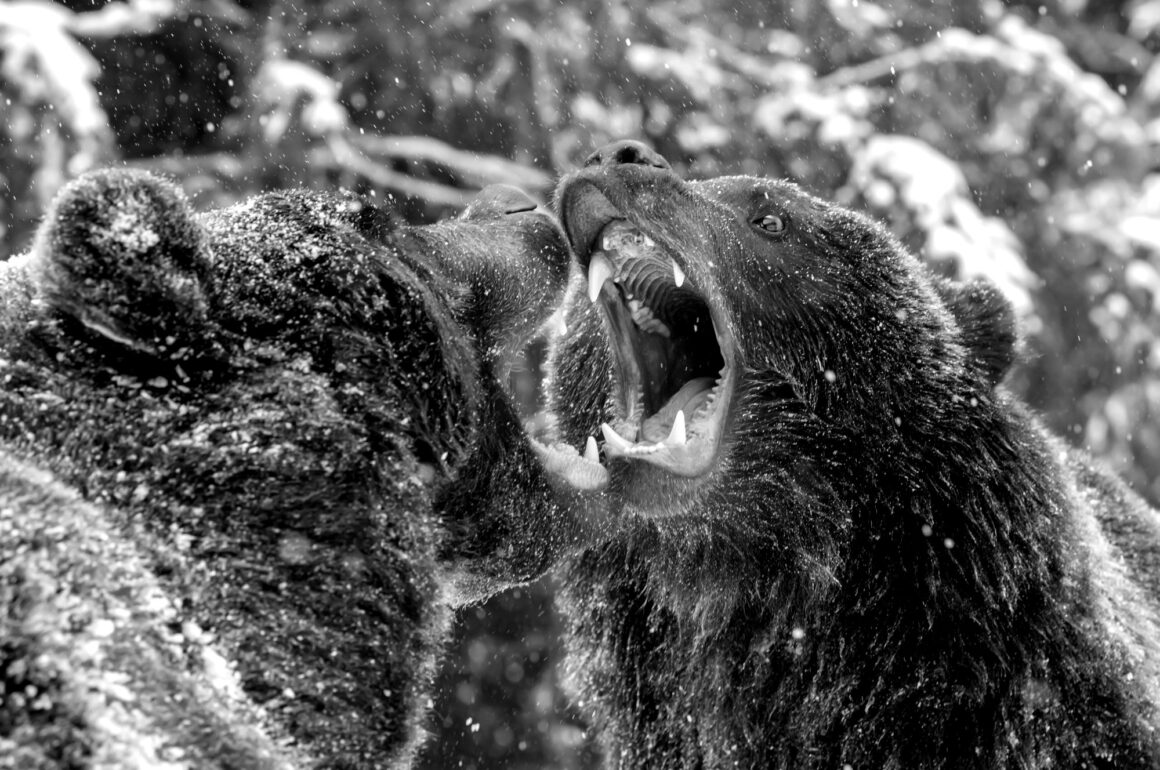ARE HUNTERS CONSERVATIONIST?
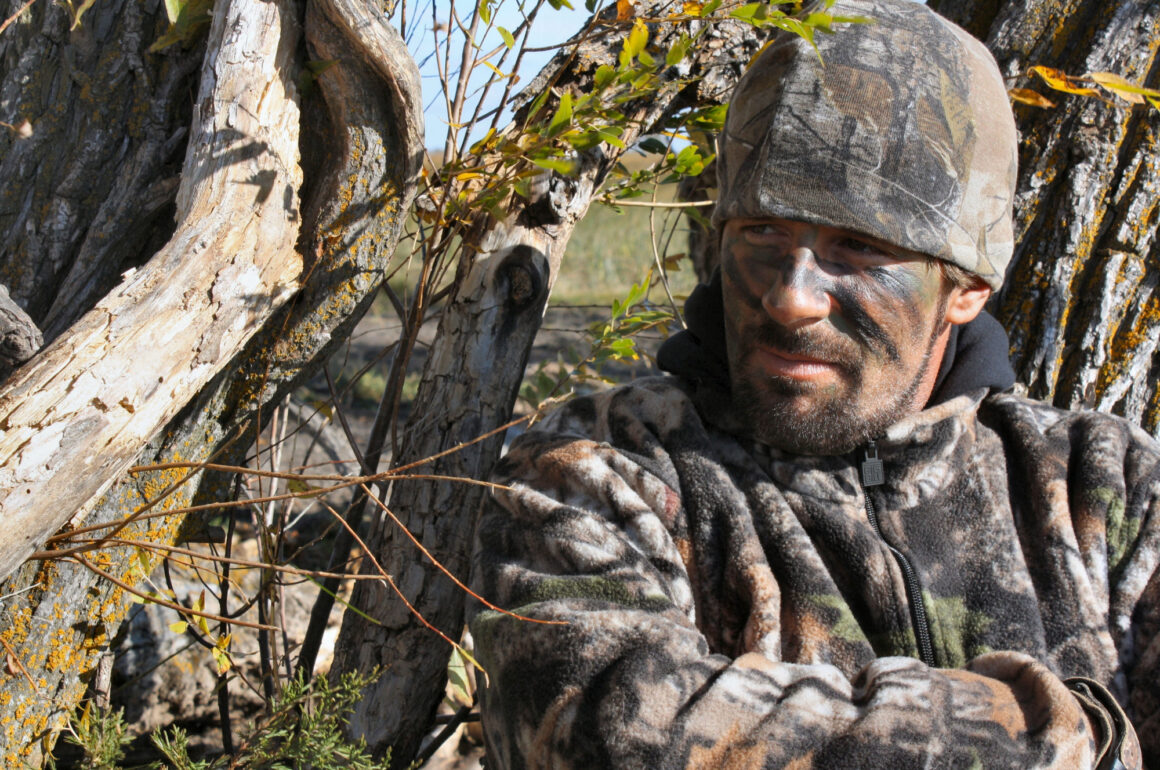
Do bear hunters practice conservation?
Are hunters conservationist?
Hunters are some of the most committed environmentalists you’ll find.Theodore Roosevelt, the individual credited with establishing wildlife preserves, had a deep understanding of hunting.
The 26th president of the United States once noted that in a civilized and developed nation, wild animals can only survive through the efforts of hunters who preserve them.
Those who oppose hunting and see sportsmen as enemies of wildlife fail to understand that statistically, genuine sportsmen are the most crucial factor in preventing the extinction of larger and more valuable wild species.
The Interior Department has been aware of this for some time now.
According to a 2017 Interior Department blog post,”An important source of money for many of our country’s conservation projects is provided by hunters.”
Americans learned the hard way about the effects of people on animals after the passenger pigeon and bison were nearly wiped out in the early 1900s.
Hunters began backing initiatives that helped sustain species numbers and preserved wildlife habitat to guarantee a future with game to harvest.
Do bear hunters practice conservation?
The North American Model of Wildlife Conservation, a set of wildlife management principles created over a century ago, asserts that wildlife belongs to everyone, not just the affluent and privileged, and was mostly driven by hunters and fishermen.
Hunters contribute to several conservation initiatives under the Pittman-Robertson Act (also known as the Federal Aid in Wildlife Restoration Act). State wildlife agencies get funding from the act’s excise tax on weapons, ammunition, and related equipment to be used for wildlife conservation, hunter education, and access to the outdoors.
Since 1937, sportsmen and women have donated almost $14 billion to conservation efforts via Pittman-Robertson. These yearly donations to state fish and wildlife agencies have helped the recovery of deer, turkeys, and several non-game species, which has benefitted both hunters and non-hunters.

